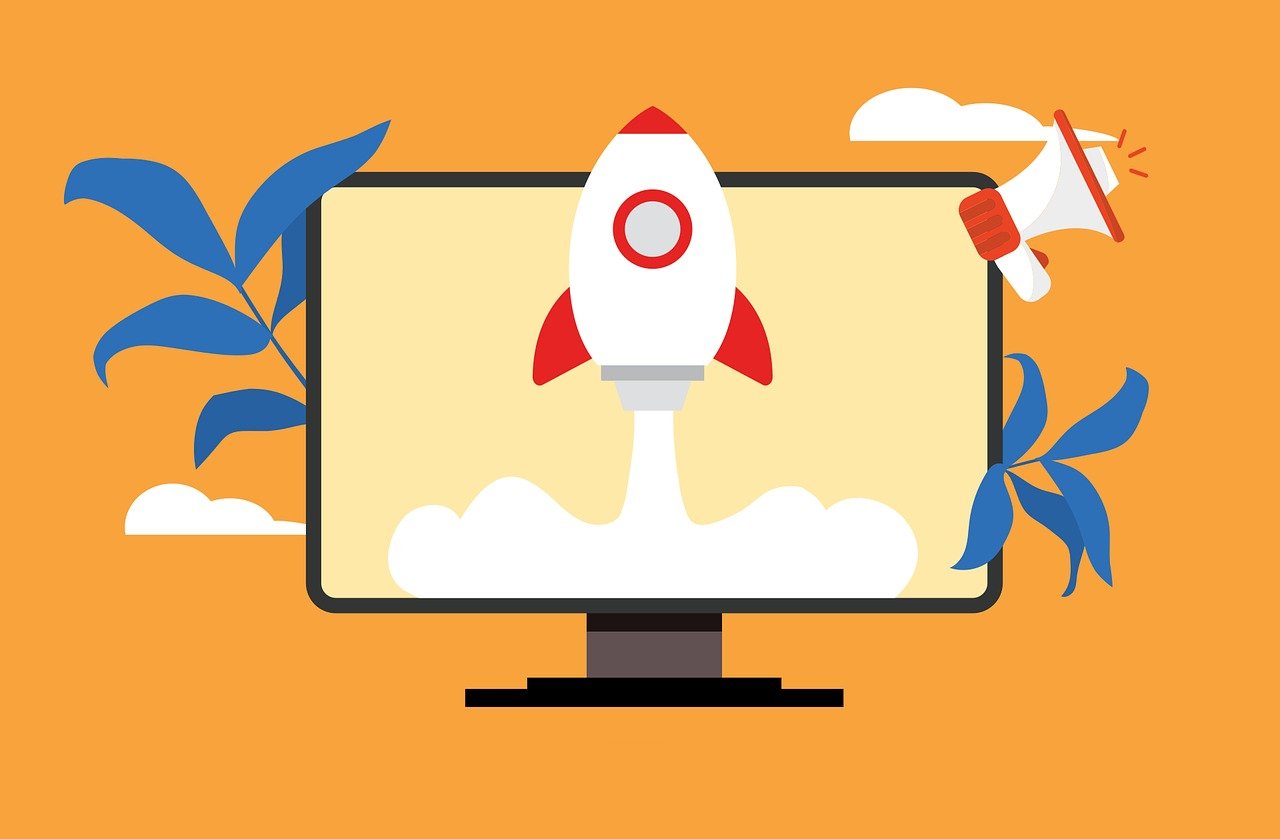Blog Summary
Launching a startup demands a smart approach to digital marketing, especially with limited resources. This guide breaks down how to build a strong online presence, attract your target audience, and convert leads into loyal customers. You’ll learn essential strategies from defining your niche to leveraging content and paid advertising for sustainable growth.
Introduction
Starting a new business is exhilarating, but it also comes with a unique set of challenges, especially when it comes to getting noticed. In today’s crowded market, simply having a great product or service isn’t enough to guarantee success.
You need a clear, actionable strategy to reach your ideal customers where they spend most of their time: online. That’s where a robust digital marketing plan becomes your startup’s most powerful asset.
This isn’t about throwing money at every trendy platform. It’s about being strategic, efficient, and data-driven to make every marketing dollar count for your emerging brand.
The Foundation: Know Your Audience and Value
Before you even think about social media posts or ad campaigns, you must deeply understand who you’re trying to reach. This foundational step dictates every marketing decision you’ll make, ensuring your efforts resonate with the right people.
Take the time to create detailed buyer personas. Think about their demographics, pain points, aspirations, and where they typically look for solutions. Knowing these details helps you tailor your messages precisely.
Defining Your Unique Value Proposition (UVP)
What makes your startup different? What specific problem do you solve better than anyone else? Your Unique Value Proposition (UVP) is the core reason customers should choose you.

Articulate your UVP clearly and concisely. This isn’t just about features; it’s about the tangible benefits and superior experience you offer. Your UVP should be woven into all your marketing materials.
Building Your Digital Home: Website and SEO
Your website serves as your digital storefront, your 24/7 salesperson, and the hub for all your online activities. It needs to be professional, user-friendly, and optimized for search engines.
Even with a tight budget, invest in a clean, responsive website that clearly communicates your UVP and makes it easy for visitors to take action. Mobile-friendliness is non-negotiable for modern audiences.
Getting Found with Search Engine Optimization (SEO)
SEO is the process of optimizing your website to rank higher in search engine results like Google. For a startup, this means focusing on relevant keywords your target audience uses.
Start with on-page SEO: optimize your titles, descriptions, and content with your chosen keywords. Technical SEO ensures your site loads fast and is easily crawlable. Off-page SEO involves earning backlinks from reputable sites, which builds authority over time.
Content Marketing: Educate, Engage, Convert
Content marketing is about creating and distributing valuable, relevant, and consistent content to attract and retain a clearly defined audience. For startups, it’s a powerful way to build trust and establish expertise without a massive ad budget.
Consider starting a blog that addresses common questions or pain points related to your industry. Share insights, offer solutions, and provide helpful resources. This positions your startup as a thought leader.
Beyond blog posts, think about creating short videos, infographics, or simple guides. The goal is to provide value, demonstrate your knowledge, and subtly guide prospects towards your offerings.
Social media offers a direct line to your audience, allowing for engagement and community building. Paid advertising, when done right, can provide immediate visibility and targeted reach.
Don’t try to be everywhere. Identify the one or two social media platforms where your target audience is most active and focus your efforts there. Consistency in posting and genuine engagement are key.
Share your content, engage with comments, and participate in relevant conversations. Social media is also an excellent channel for listening to customer feedback and understanding market sentiment.
Strategic Paid Campaigns for Quick Wins
While organic growth takes time, paid advertising can deliver immediate results by putting your message directly in front of highly specific audiences. Platforms like Google Ads and social media ads offer precise targeting options.
Start with a small, test budget and focus on campaigns with clear conversion goals, such as lead generation or direct sales. Monitor your campaigns closely and optimize based on performance data to maximize your return on investment.
| Strategy Type | Key Benefits for Startups | Considerations for Startups |
|---|---|---|
| Organic Marketing (SEO, Content, Social) | Builds long-term authority, cost-effective over time, sustainable growth. | Slower results, requires consistent effort, deep content knowledge. |
| Paid Marketing (PPC, Social Ads) | Immediate visibility, precise targeting, scalable results, fast testing. | Can be expensive, requires careful budgeting, risk of low ROI if not optimized. |
Conclusion
Crafting a digital marketing strategy for your startup doesn’t have to be overwhelming. By focusing on your core audience, building a strong online foundation, and consistently delivering value, you can create a powerful engine for growth.
Remember that digital marketing is an iterative process. Start small, test what works, and be prepared to adapt your tactics based on performance data and market feedback. Your agility as a startup is a major advantage.
With a clear strategy and consistent effort, your startup can effectively cut through the noise, connect with customers, and lay the groundwork for lasting success in the digital landscape.
FAQs
The most important channel depends entirely on your specific target audience and industry. However, a well-optimized website is foundational for all startups. For reaching new customers quickly, social media platforms where your audience spends time and targeted paid ads often prove most effective.
Startups should typically allocate a significant portion of their initial marketing budget to digital efforts, often 10-20% of their projected revenue or seed funding. Begin with a smaller, test budget for paid campaigns and gradually scale up as you see positive returns and clear growth metrics.
Results vary significantly by channel and strategy. Paid advertising can yield immediate results within days or weeks, while organic strategies like SEO and content marketing may take three to six months, or even longer, to show substantial impact. Consistency and patience are crucial for all digital marketing efforts.



